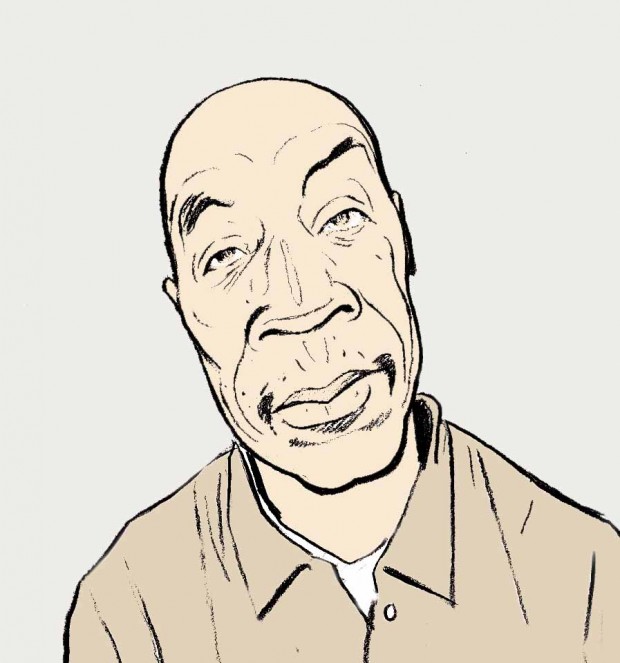The case of Thomas Haynesworth, incarcerated by the criminal system of Virginia for 27 years for crimes he probably didn’t commit, is coming to the world’s attention. This Washington Post editorial tells the story. It is a reminder of our broken system and where attention must be paid. Support Haynesworth HERE.

The Washington Post, Feb.13:
THOMAS HAYNESWORTH has spent the past 27 years behind bars for crimes he probably did not commit.
Mr. Haynesworth was 18 years old and had a clean record when he was charged in Richmond in 1984 with raping or assaulting four women. He pleaded not guilty to all charges but was convicted in three of the four cases and sentenced to some 70 years in prison.
Mr. Haynesworth was offered a glimmer of hope in 2005 when then-Gov. Mark R. Warner (D) ordered a review of thousands of criminal cases after the exoneration of five wrongly convicted men. DNA evidence proved that Mr. Haynesworth was innocent of two rapes – one for which he was convicted and the other where the jury acquitted him based on other evidence. The DNA conclusively pointed the finger at another Virginia man, a serial rapist who came to be known as “the Black Ninja” and who is serving multiple life sentences for other crimes.
Mr. Haynesworth, now 45, and his lawyers from the Mid-Atlantic Innocence Project have petitioned a Virginia appeals court to throw out the two remaining convictions. They have garnered support from some extraordinary sources, including Virginia Attorney General Ken Cuccinelli II, Henrico County prosecutor Wade Kizer and Richmond prosecutor Michael Herring. “New evidence calls into question those convictions. I support his petition,” Mr. Cuccinelli said in a statement. Mr. Herring told The Post’s Maria Glod that “this is a sad case of the wrong guy locked up.”
No DNA evidence was salvaged from these remaining cases, but the attacks closely resemble those committed by the Black Ninja – a black man who attacked white women between the ages of 15 and 30. Inconsistencies in the victims’ description of the attacker – a relatively commonplace occurrence with victims and alleged perpetrators of different races – point to Mr. Haynesworth’s innocence. One victim – a 5-foot-8½-inch woman – said that the attacker was taller than she was; Mr. Haynesworth, at 5 feet 6½ inches, did not fit the bill. Mr. Haynesworth also passed two polygraph tests.
The Virginia Court of Appeals has Mr. Haynesworth’s fate in its hands and should act expeditiously. Mr. Haynesworth’s lawyers have held off on filing a pardon petition with Gov. Robert F. McDonnell (R) to allow the court system to work; governors rarely act before the courts have had their final say, and in Virginia any pardon petition must first be vetted by the state Parole Board, which further delays a final disposition. But Mr. Haynesworth’s lawyers should turn to the board and the governor’s office if the appeals court does not act within a few months.
Mr. Warner deserves credit for insisting on the review that allowed for the discoveries in Mr. Haynesworth’s case. Mr. Cuccinelli, Mr. Kiser and Mr. Herring are to be commended for demonstrating that prosecutors and lawyers for the state serve as honorably when they prevent an innocent man from unjust incarceration as they do when they ensure that the guilty do not go unpunished. Still, Mr. Haynesworth can never get his years back, and as long as he remains in prison, justice is disserved.



